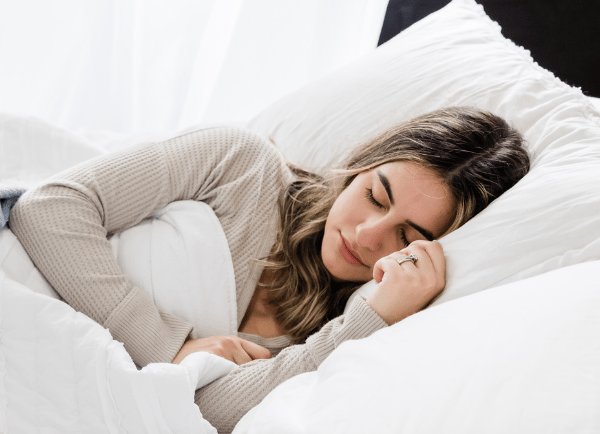Insomnia
Insomnia: Understanding the Sleepless Nights and Finding a Cure
HEALTHCARE


Insomnia: Understanding the Sleepless Nights and Finding a Cure
Sleep is essential for our physical and mental well-being, but for many people, achieving a good night's rest can be elusive. Insomnia, a common sleep disorder, can disrupt our lives, leaving us feeling exhausted and irritable. In this blog, we will explore what insomnia is, its causes, and some effective strategies for finding a cure.
What Is Insomnia?
Insomnia is a sleep disorder characterized by difficulty falling asleep, staying asleep, or waking up too early and not being able to fall back asleep. It is more than just the occasional sleepless night; it is a persistent issue that can lead to daytime fatigue, irritability, and impaired cognitive function. Insomnia can be categorized into two main types:
Primary Insomnia:
This type of insomnia is not associated with any other underlying medical condition or medication use. It often results from stress, anxiety, or lifestyle factors.
Secondary Insomnia:
Secondary insomnia occurs due to underlying medical conditions, medications, or substance use. It can be a symptom of another health issue, such as depression, chronic pain, or sleep apnea.
Causes of Insomnia
Insomnia can have various causes, and it's essential to identify the underlying factors to determine the most appropriate treatment. Common causes include:
Stress and Anxiety:
Daily worries, work-related stress, or major life events can lead to insomnia. Racing thoughts and an overactive mind make it challenging to relax and fall asleep.
Poor Sleep Habits:
Irregular sleep schedules, excessive screen time before bed, and consuming caffeine or alcohol late in the day can disrupt your sleep patterns.
Medical Conditions:
Chronic pain, asthma, allergies, and gastrointestinal disorders can make it difficult to sleep comfortably.
Medications:
Certain medications, such as those for allergies, high blood pressure, and depression, can interfere with sleep.
Mental Health Disorders:
Conditions like depression, bipolar disorder, and post-traumatic stress disorder can contribute to insomnia.
Hormonal Changes:
Hormonal fluctuations, especially in women during menopause, can disrupt sleep.
Finding a Cure for Insomnia
The good news is that there are several strategies and treatments available to help manage and even cure insomnia. The appropriate approach depends on the underlying cause and individual preferences. Here are some effective ways to combat insomnia:
Sleep Hygiene:
Establishing healthy sleep habits can significantly improve your sleep quality. This includes maintaining a consistent sleep schedule, creating a comfortable sleep environment, and avoiding stimulating activities before bedtime.
Cognitive Behavioral Therapy (CBT):
CBT is a highly effective therapeutic approach for treating insomnia. It helps individuals identify and change negative thought patterns and behaviors related to sleep.
Medications:
In some cases, doctors may prescribe medications to help with short-term insomnia. However, these should be used under medical supervision and only as a last resort due to potential side effects and risk of dependency.
Relaxation Techniques:
Practices like meditation, deep breathing exercises, and progressive muscle relaxation can help calm your mind and prepare your body for sleep.
Lifestyle Changes:
Reducing caffeine and alcohol intake, increasing physical activity during the day, and managing stress through techniques like yoga or mindfulness can all contribute to better sleep.
Address Underlying Issues:
If insomnia is a symptom of another medical condition or mental health disorder, treating the underlying issue can often resolve the sleep problem
Insomnia is a common sleep disorder that affects many individuals, but it doesn't have to be a lifelong struggle. By understanding its causes and adopting healthy sleep habits, you can take steps toward finding a cure. Don't hesitate to seek professional help if your insomnia persists, as there are effective therapies and treatments available to help you achieve restful and restorative sleep. Remember that better sleep leads to a healthier, more productive, and happier life.


